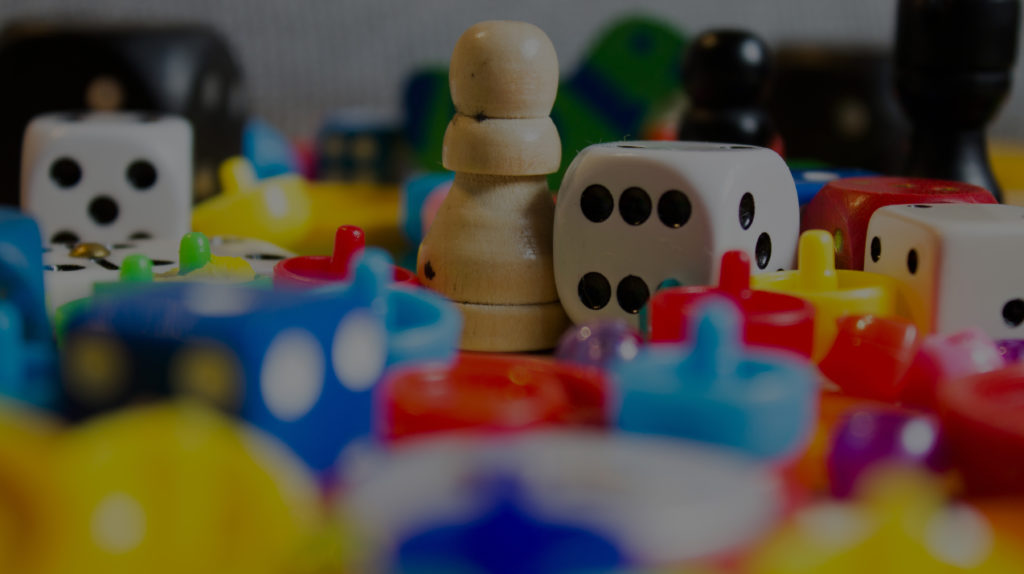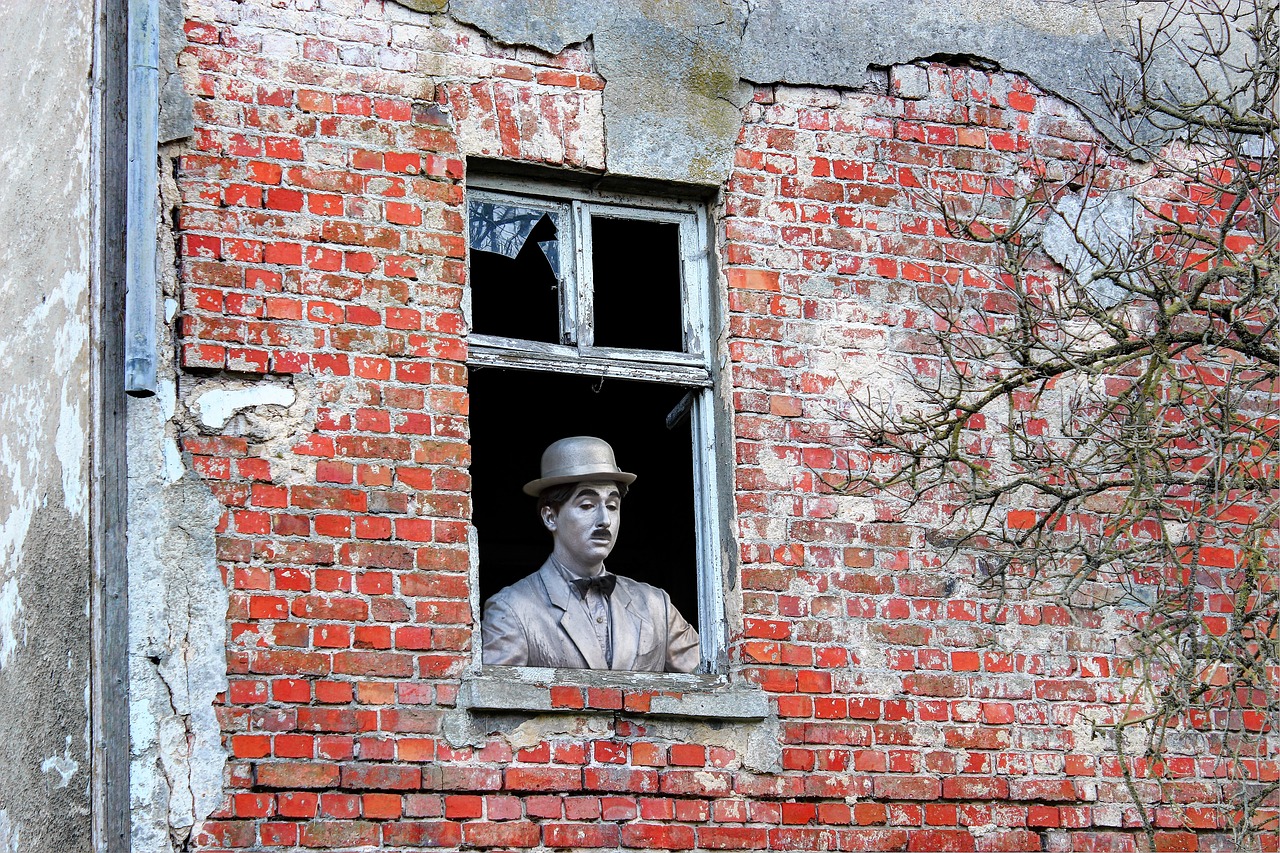7 Amazing Benefits of Mind Games in Child Development

Mind games provide the ideal stimulation for optimal child development. Puzzles games and activities designed to engage a child’s comprehension and thinking also promote several other skills. From analytical thinking to the ability to conceptualize complex ideas within an abstract framework, mind games enhance the latent abilities present in all of us.
The early years of a child’s development are crucial towards shaping a bright future filled with possibilities. Every stage of growth requires cognitive enrichment of a particular form, but mind games are a constant source of learning and development. Crossword puzzles, board games, and even activities as deceivingly simple as an abacus or colored blocks all make the mind work.
Here we’ll be explaining how mind games assist child development so that you recognize their vital importance.
Table of Contents
Analytical Thinking
As a child breaks down a puzzle or game into logical smaller components to solve it, they are mimicking the analytical thinking skills needed to solve complex problems. Pattern identifications and the recognition of trends, as well as the tools required to filter information quickly, form naturally.
Compartmental thought processes activate as we perform exercises like considering multiple answers to a crossword riddle. There is no better way to cultivate decision driven thought and analytical thinking in young children. Provide a variety of mind games and puzzles and their skills will forever be heightened, raising memory, IQ, and analytical thinking capability.
Spatial Awareness
Geometric puzzles and games which encourage one to become aware of relative positioning to oneself or a mental space are essential from your child’s earliest years. Visual-spatial working memory and phonological awareness are integral to developing the skills needed to be competent in mathematics and language. Basic numeral competency and spatial awareness are directly connected.
Recent studies show that this correlation is as direct as being able to predict third-grade maths achievements by spatial awareness assessments at just five years old. A child encouraged to compare multiple combinations of geometry, color, words, and associations within the mind develop the latent ability to process more complex information later in life.
Language and Group Play
Changing up the type of puzzles played with is another way to increase the amount of spatial learning growth. Studies show that a variation in mental transformation will help improve the desire to be exposed to spatial puzzle play which holds many connected benefits.
Using spatial language like ‘between,’ ‘edge,’ ‘corner,’ and other terms involving mental rotation and transformation all help the child get a grasp of spatial conceptualization. Changing the type of geometric or other spatial activities requires parental interaction which then makes the game a tool for learning a language as well.
Just as a child visualizes objects within a mental space, words and concepts are compared, but this requires stimulation from other players introducing foreign ideas, words, and phrases. The better the level of stimulation the higher the linguistic and social growth.
Linguistics, Self Esteem & Compassion
Toddlers who work together to solve problems develop more advanced social skills. Mind games help children collaborate while understanding the value of patience and teamwork. Taking turns while working together is an immensely beneficial exercise for children of all ages.
Other than the way that collaborative puzzle solving helps language learning, children also develop self-esteem and motivation to think compassionately. Very young children learn concepts and skills like sequencing and broader spatial vocabulary as they see first hand how help from other aids progress towards a goal.
Lateral Thinking
When our children play mind games and solve puzzles, they learn to think creatively, vastly improving lateral thinking later in life. Indirect reasoning and non-obvious solutions are brought into the light. This happens more frequently as the difficulty of mind and puzzle games increases.
It also helps to improve brain with crossword Lateral thinking helps later in life with idea generation, non-linear thought, information harvesting, and it enables a child to put more of life into the right context. Solutions which would appear obvious in hindsight appear in focus easier when lateral problem solving is an automatic action.
Conceptual Learning
The easiest way to see conceptual learning is as a multifaceted aspect of education which helps children realize the value of doing and understanding rather than focusing on one aspect only. Games which exercise the mind call the relationship between the concepts, facts, and practical skills to the fore.
Conceptual learning enables youth to take ideas and skills which they grasp and apply them to understand unfamiliar subjects better. Mind games and puzzles played with purpose are an excellent source of social-emotional learning which serves as a springboard for a greater conceptual framework to develop.
Through relating to each other on abstract, theoretical levels which solving puzzles collaboratively or competitively, learners gain the ability to form advanced imagery and mental triggers to broad understandings of difficult subjects. The advancement of conceptual learning also directly affects motivation. Studies show that individuals with a higher level of conceptual understanding are more likely to pick tasks which motivate them as a consequence of the enjoyment of the action.
Focus & Concentration
Mind games directly divert one’s concentration to a singular point of focus. Distractions ease away as one gradually hones their attention towards solving a puzzle, completing a riddle, or winning a game. Brain exercises test reasoning, planning, and problem-solving, as well as memory, attention and numerous other skills.
However, the one place where all our skills come together is in our ability to focus on the problem, puzzle or game. Just six weeks of brain training exercises showed startling results in a recent study by the journal Nature. The single common benefit was the ability to focus more intently in those practicing mind and puzzle games.
There are lots of ways to stimulate the brain, but the benefits to attention are innate. Practicing cognitive skills even leads to a lower level of mental degeneration, tying a physical tether to the widespread foundation benefits of increased concentration, attention, and focus.
The Key to Individuality & Latent Potential
Introduce mind games, puzzles and other activities that get you thinking from an early age. Crossword puzzles are available from the moment that our young ones have developed a decent vocabulary. Combine more than one form of stimulation and stay involved for the best results.
Collaborative solving is the solution to stellar mental & social development in children and adults. If you happen to get stuck, don’t spoil the exercise with frustration. Crossword Buzz has all the solutions such as the Thomas Joseph crossword answers and other frequently published puzzles readily available.




